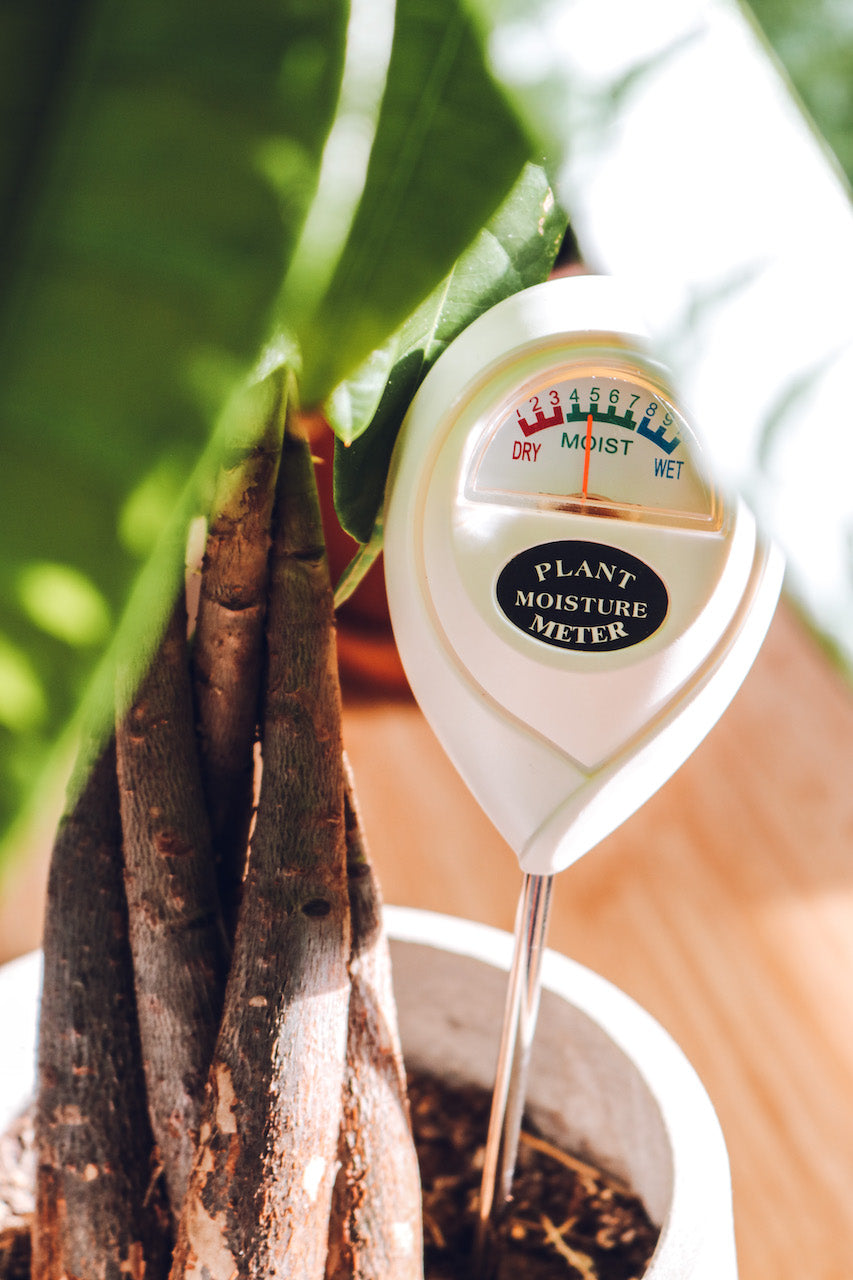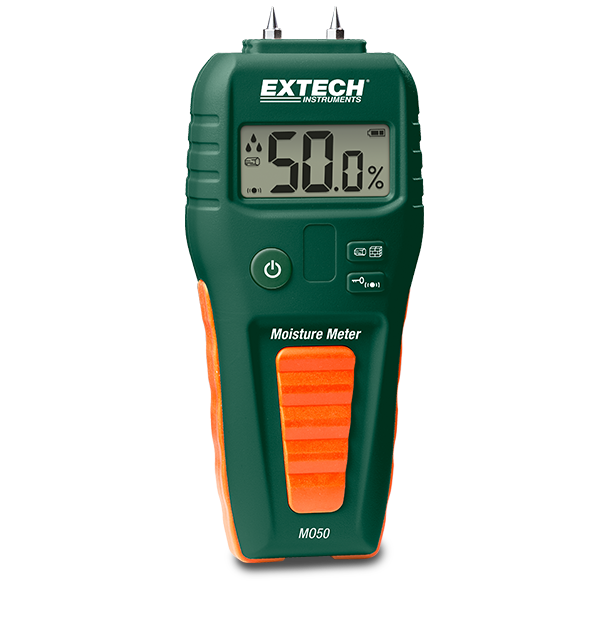Why Every House Owner Requirements a Moisture Meter: Secret Advantages and Attributes
Why Every House Owner Requirements a Moisture Meter: Secret Advantages and Attributes
Blog Article
The Ultimate Overview to Moisture Meters: A Comprehensive Overview and How They Can Save You Money
In the realm of building upkeep, construction, and various sectors, the importance of precisely measuring wetness degrees can not be overstated. Wetness meters work as important tools in identifying and checking moisture material in products, helping in preventing costly problems and making sure the top quality of products. Comprehending the nuances of different kinds of dampness meters, their applications, and the possible cost-saving benefits they provide can be a game-changer for specialists and companies alike. Uncovering how these devices can not just enhance processes yet additionally add to economic savings is a trip worth embarking on.
Kinds Of Moisture Meters
Different kinds of moisture meters are offered for different applications in numerous industries. One typical type is the pin-type wetness meter, which gauges the electric resistance in between 2 pins put right into a material. This type appropriates for timber, drywall, and other structure materials. Pinless wetness meters, on the various other hand, use electro-magnetic sensor plates to scan a bigger location without creating damages to the product's surface area. These meters are excellent for quickly examining wetness degrees in big locations such as floors and wall surfaces.
Infrared dampness meters determine the thermal residential properties of a product to identify its dampness web content non-invasively, making them helpful for applications where pin or pinless meters might not be suitable. Comprehending the different types of wetness meters readily available can aid sectors choose the most appropriate tool for their particular wetness dimension requirements.

Advantages of Using Moisture Meters

In addition, making use of moisture meters can lead to increased energy performance. By determining locations with high wetness degrees, such as leakages or poor insulation, changes can be made to improve energy conservation and minimize utility prices. In agricultural setups, dampness meters play an important duty in enhancing plant yields by allowing farmers to keep track of soil dampness levels and make educated watering choices. Overall, the advantages of using dampness meters extend throughout different sectors, providing cost-efficient options and advertising far better quality assurance techniques.
Just How to Select the Right Moisture Meter
Picking the appropriate wetness meter involves thinking about essential variables such as material compatibility, dimension variety, and calibration precision. When selecting a dampness meter, it's necessary to make sure that the meter is ideal for the details product you will certainly be testing. Different products have varying electrical properties that can impact wetness readings, so picking a meter developed for your product is vital for precise outcomes. In addition, take into consideration the dimension series of the wetness meter. Guarantee that the meter can discover wetness degrees within the range required for your applications. Calibration accuracy is one more essential factor to keep in mind (Moisture Meter). Go with a dampness meter with trustworthy calibration to make certain constant and precise analyses. Some meters might require regular calibration modifications, so these details recognizing the calibration procedure is crucial. By very carefully examining these variables, you can select a dampness meter that meets your requirements and gives exact moisture measurements for your tasks.
Appropriate Techniques for Moisture Meter Use
To make certain precise wetness analyses and make the most of the performance of a wetness meter, employing proper methods is essential. When using a pin-type dampness meter, put the pins or probes into the product being checked till they make full contact. Guarantee the pins are perpendicular to the surface to get one of the most accurate reading. For pinless moisture meters, hold the tool flat against the material and relocate it gradually to cover the whole area for a typical analysis. It's vital to calibrate the moisture meter according to the material being examined to boost precision. Take numerous analyses throughout the surface and typical them out for a more reputable outcome. Additionally, ensure that the product being tested is adjusted to the atmosphere to avoid manipulated readings. Normal upkeep of the dampness meter, such as cleaning the pins or sensing unit, is additionally important to make certain exact and constant analyses. By following these correct techniques, customers can depend on their dampness meter to provide trustworthy moisture degrees, helping in stopping expensive damage or guaranteeing quality in numerous applications.

Price Cost Savings Through Moisture Meter Applications
Exactly how can the tactical usage of dampness meters bring about substantial expense financial savings across different markets? Dampness meters play a critical duty in cost savings by avoiding possible damages and guaranteeing quality helpful resources assurance in various industries. In the farming sector, moisture meters help in figuring out the optimal time for harvesting crops, preventing over-drying or excess dampness that can impact the last item's high quality. This exact surveillance helps farmers avoid unnecessary losses and optimize their yield.

In addition, in the food handling sector, dampness meters are crucial for keeping track of product top quality and guaranteeing conformity with safety policies. By accurately determining moisture web content in food, makers can avoid perishing, preserve quality, and minimize waste, leading to substantial expense savings. In general, the calculated application of wetness meters is an important financial investment that can cause significant expense decreases and improved performance throughout different industries.
Final Thought
To conclude, wetness meters are beneficial tools for determining and identifying wetness levels in different products. By utilizing the best wetness meter and adhering to proper see this website techniques, users can successfully protect against costly problems triggered by excess wetness. Buying a high quality dampness meter can cause considerable price financial savings in the future by determining potential problems beforehand and enabling timely remediation. Ultimately, moisture meters are necessary instruments for preserving the honesty and longevity of structures and materials.
Dampness meters serve as important tools in identifying and monitoring moisture material in products, helping in protecting against costly damages and making sure the quality of products. Infrared wetness meters measure the thermal residential or commercial properties of a material to determine its wetness material non-invasively, making them helpful for applications where pin or pinless meters might not be suitable.Wetness meters use invaluable benefits in precisely analyzing and keeping track of wetness degrees in diverse products and atmospheres. In agricultural setups, wetness meters play an essential duty in maximizing crop returns by enabling farmers to monitor dirt wetness degrees and make educated irrigation decisions.In conclusion, moisture meters are beneficial tools for determining and discovering dampness levels in numerous products.
Report this page